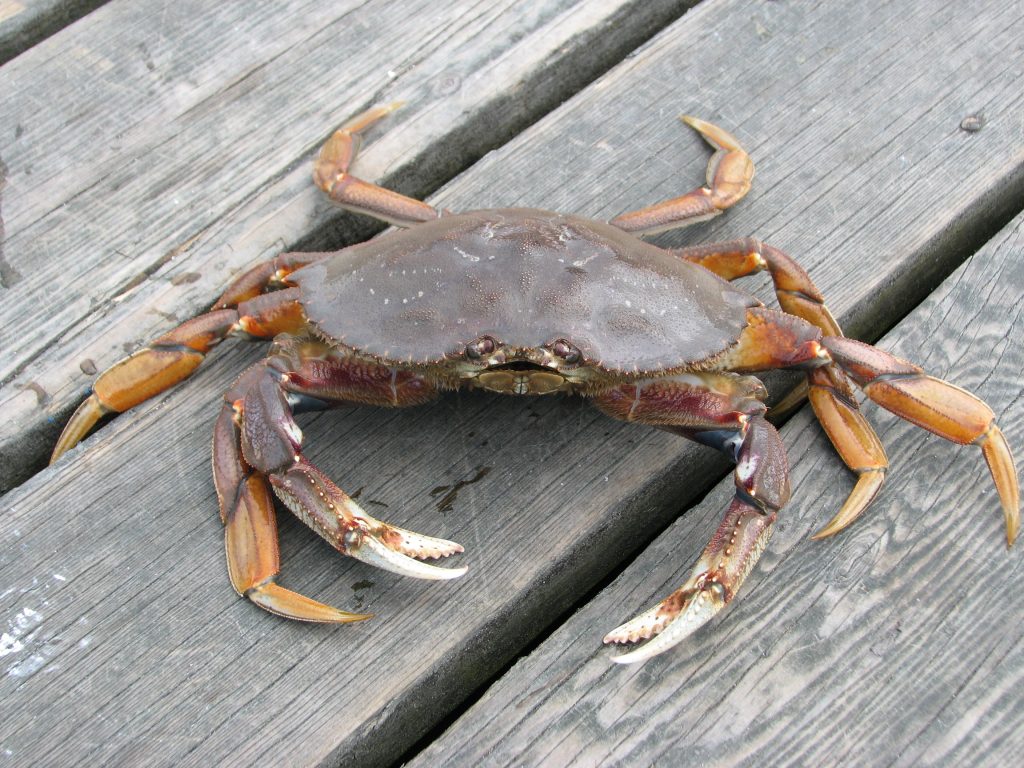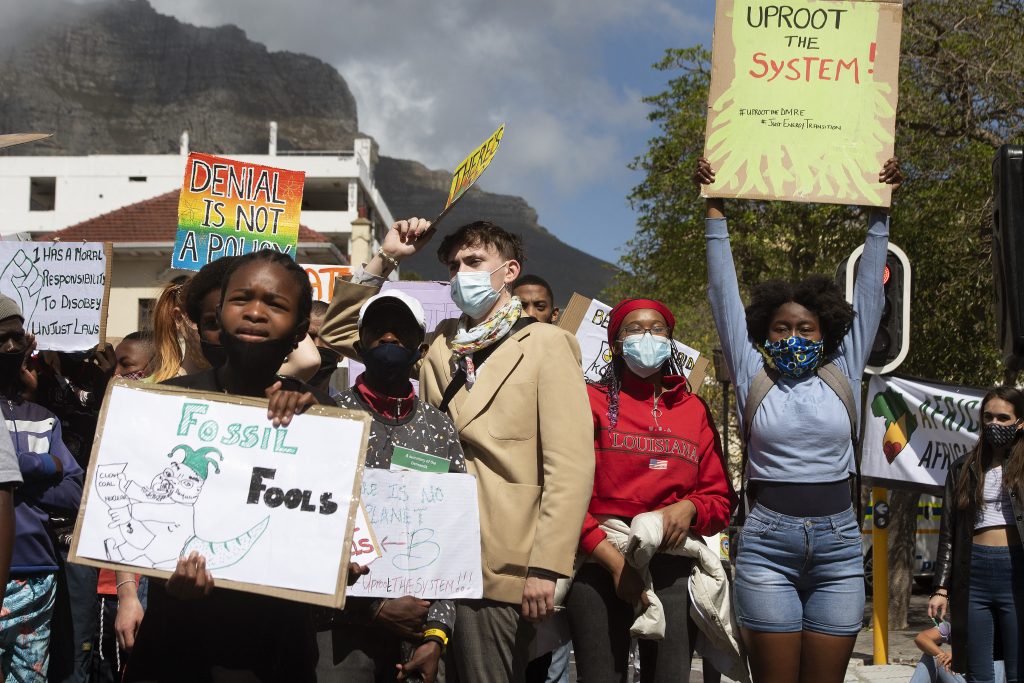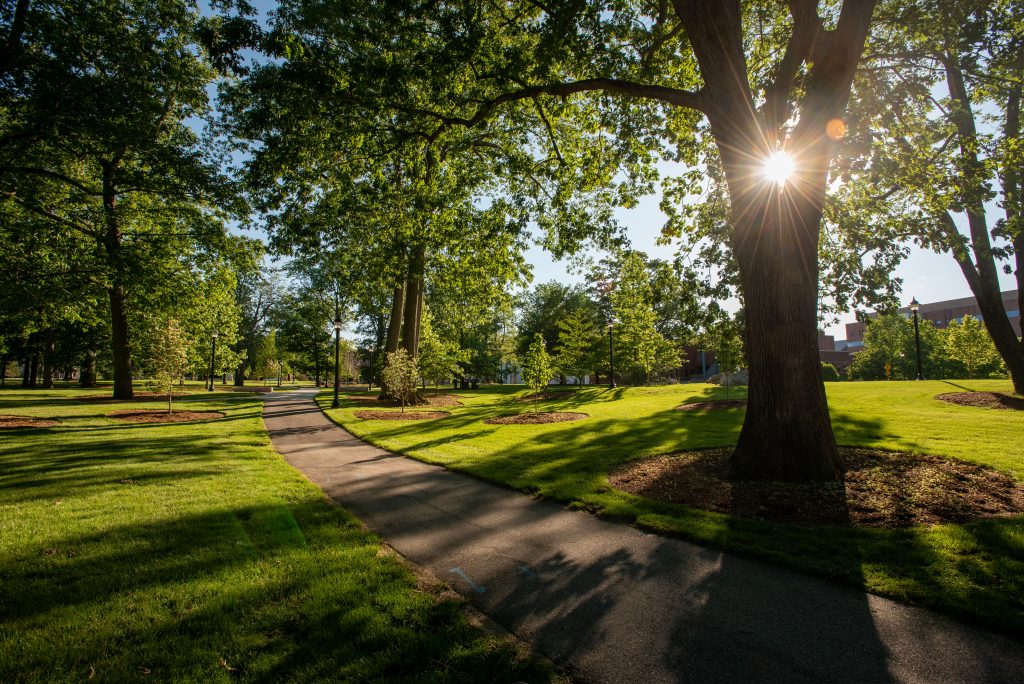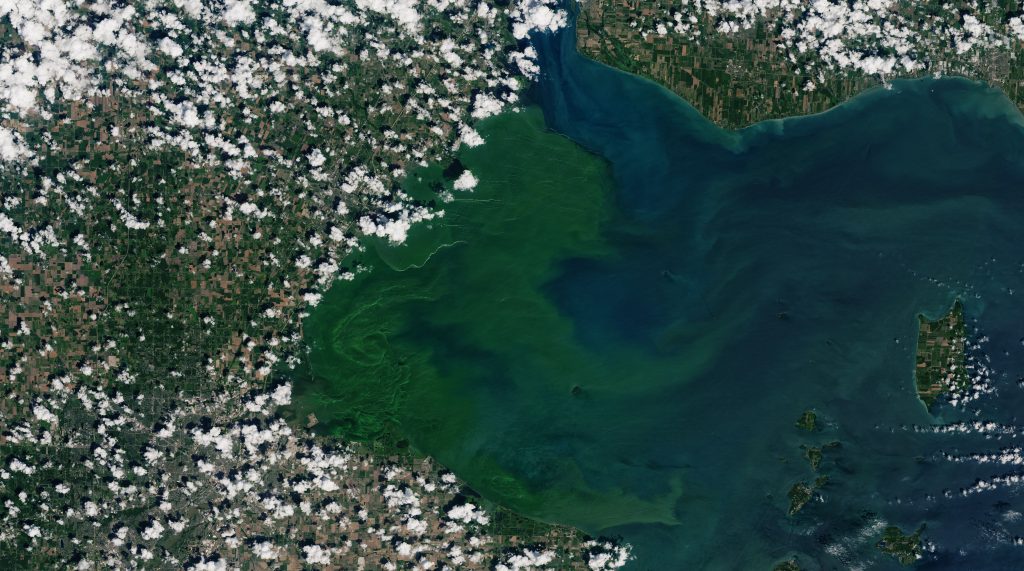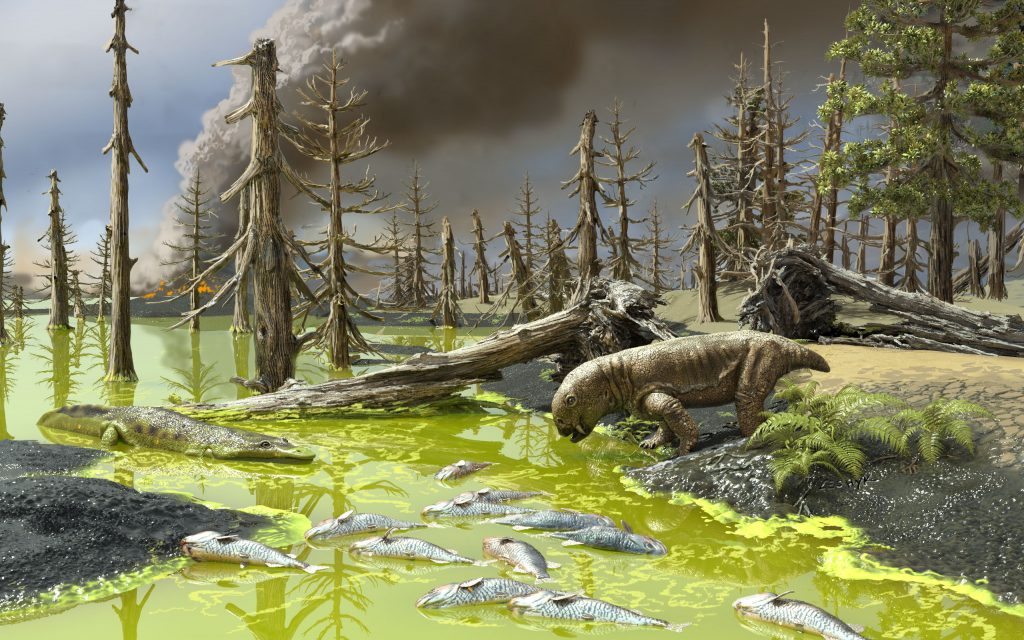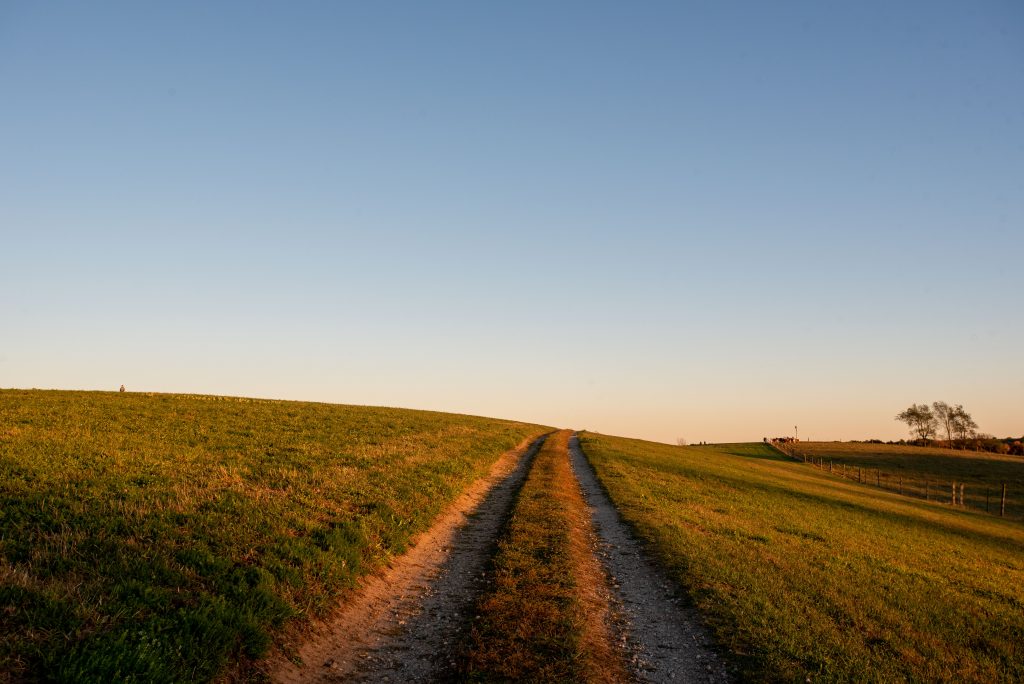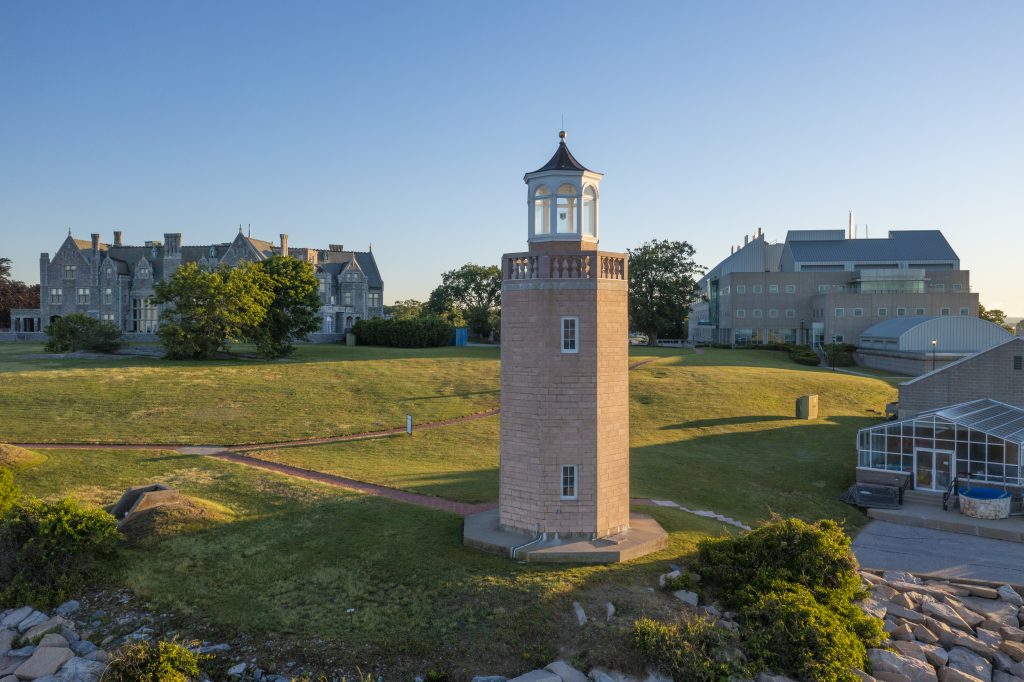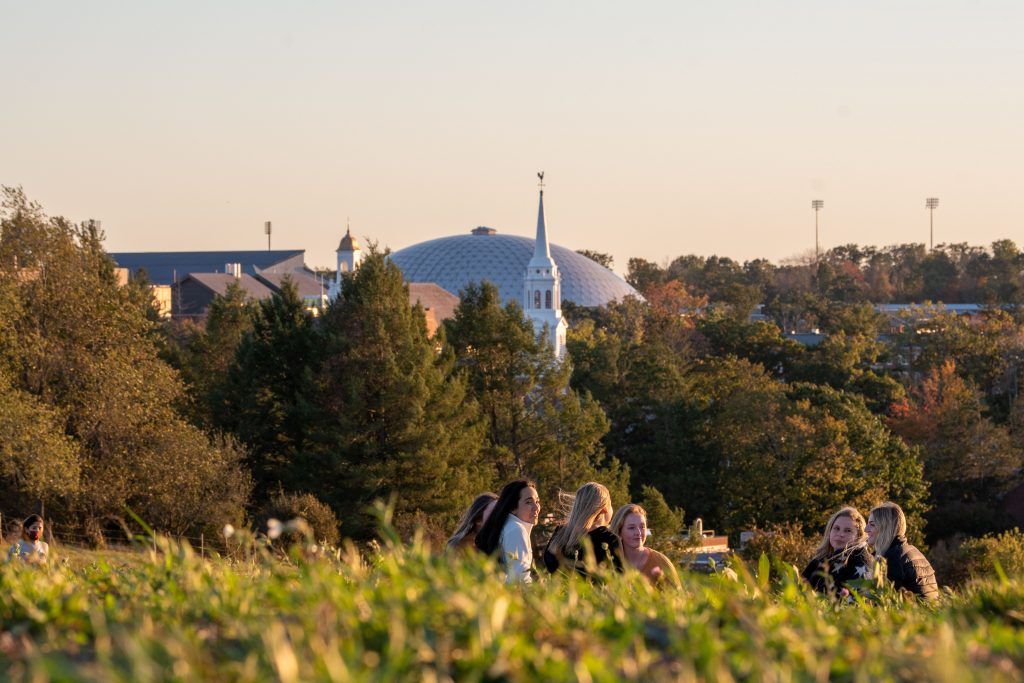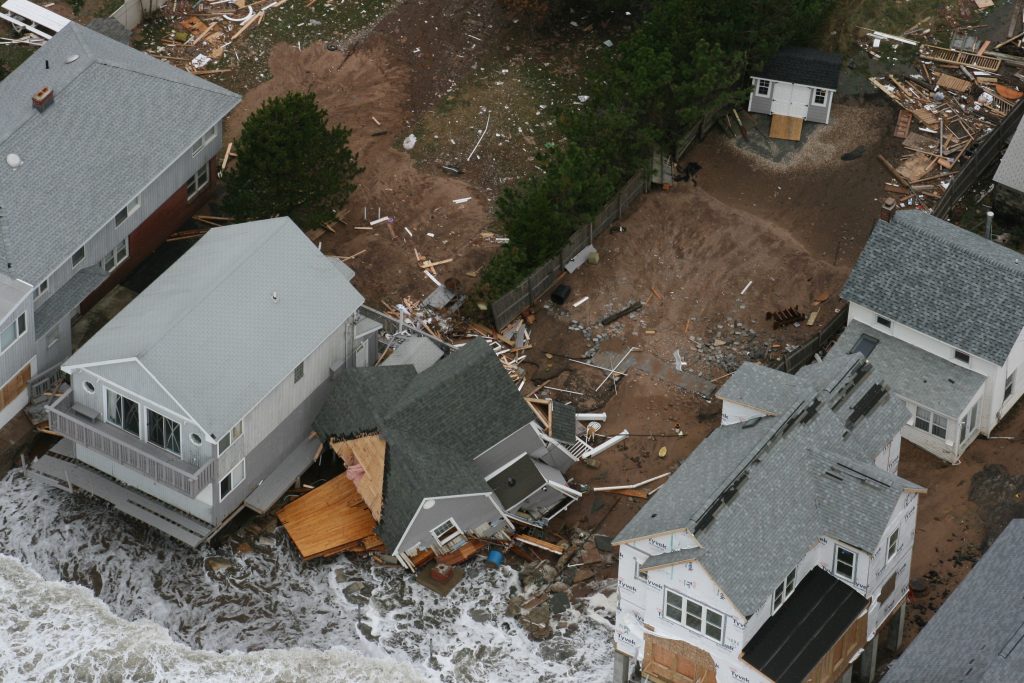Sustainability
New UConn Research Project Aims to Eradicate Use of Gas 25,200x More Harmful Than CO2
Working to create an electrical grid free of a potent greenhouse gas
October 19, 2021 | Eli Freund
Understanding How a Crab’s Complex Life Cycle Will Respond to Climate Change
Research with implications for species under stress from a warming planet
October 8, 2021 | Elaina Hancock
Climate Change Literacy Lessons from Africa
'If people are literate about climate change and have a better idea of what's coming, then they can adapt more effectively'
October 7, 2021 | Combined Reports
UConn Authors Exploring Just Sustainabilities
Linking social and environmental justice
October 6, 2021 | Elaina Hancock
Toxic Algae Blooms Are Getting Worse, but Oversight is Lacking
Currently, algae toxins aren't regulated by the federal Environmental Protection Agency
September 30, 2021 | Kim Krieger
Animals Died in ‘Toxic Soup’ During Earth’s Worst Mass Extinction, a Warning for Today
'The end-Permian is one of the best places to look for parallels with what's happening now'
September 17, 2021 | Combined Reports
Get Your Daily Dose of the Great Outdoors with NatureRx at UConn
A resource aimed at getting people outside and exploring the abundance of nature on our doorstep
September 16, 2021 | Elaina Hancock
CT Sea Grant to Address Key Questions About Environmental Contaminants
Pharmaceuticals, plastic microfiber, personal care products and others are becoming more common in water supplies
September 15, 2021 | Judy Benson, Connecticut Sea Grant
UConn Among Sierra Club’s Top 10 “Cool Schools”
UConn has once again been rated among the nation’s greenest schools in Sierra Club’s annual “Cool Schools” rankings
September 9, 2021 | Elaina Hancock
UConn Researcher Develops Novel Storm Damage Prediction Model
Wei Zhang used GIS and statistical data to construct a novel model of tsunami damage in Fairfield, CT. The model can easily transfer to other storm types and communities.
September 7, 2021 | Anna Zarra Aldrich '20 (CLAS), Office of the Vice President for Research

